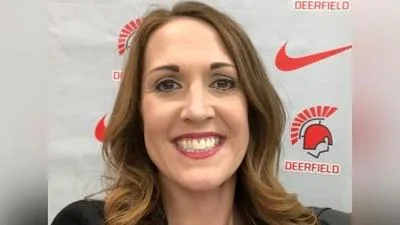Martin McLaughlin, State Representative for Illinois | Facebook
Martin McLaughlin, State Representative for Illinois | Facebook
Martin McLaughlin, State Representative of Illinois, said that rising electric bills are the result of progressive policies shutting down coal power plants. He called for lower energy prices in a statement made on X.
"Progressive Power Policies Produce Painful Prices," said McLaughlin. "Pritzker and his Dem minions are sweating that their constituents will find out why their electric bills are so high. Well, it's because progressives are shutting down our clean coal power plants. Return to reasonable Low Energy Prices Now."
Illinois is phasing out coal plants under the Climate and Equitable Jobs Act, which mandates a carbon-free power sector by 2045. This initiative has sparked debates about grid reliability and economic impacts. According to the Jacksonville Journal-Courier, utilities are retiring coal units due to rising costs and climate goals while policymakers advocate for battery storage and renewable energy to support growing demand from industries and data centers.
According to PowerOutage.us, Illinois residents in 2025 paid an average of 15.50 cents per kilowatt-hour (kWh), with monthly bills averaging about $104.78. This places the state slightly below the national average of 16.22 cents per kWh, ranking Illinois around 31st lowest in electricity costs nationwide.
The U.S. Bureau of Labor Statistics reported that in December 2024, Chicago households paid 16.1 cents per kWh for electricity, compared to the national average of 17.6 cents. This indicates that Illinois’s largest metro area maintains rates about 8.5% lower than the national level, continuing a long-term trend of below-average pricing.
According to Wikipedia, McLaughlin has represented Illinois’s 52nd House District since 2021, covering parts of Lake, Cook, Kane, and McHenry counties. A Republican and former Barrington Hills Village President, he emphasizes fiscal responsibility and private-sector efficiency while serving on committees addressing finance, cybersecurity, and economic policy.






 Alerts Sign-up
Alerts Sign-up